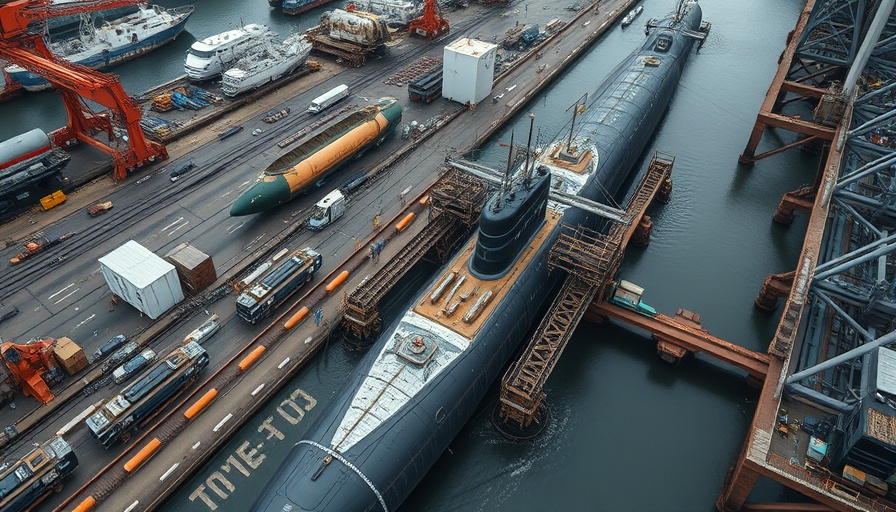
Protecting Vital Shipbuilding Jobs Amid Workforce Cuts
In a significant move to bolster national defense and preserve crucial workforce positions, a bipartisan coalition of U.S. senators has introduced the Protecting Public Naval Shipyards, or PSNY, Act. This legislative effort comes in response to recent federal initiatives spearheaded by the Trump administration that sought to impose hiring freezes and workforce reductions across various federal sectors, including essential shipyards.
Senators Jeanne Shaheen and Maggie Hassan, both from New Hampshire, joined forces with Maine senators Susan Collins and Angus King to push for protections that directly impact four major public shipyards: Norfolk Naval Shipyard in Virginia, Portsmouth Naval Shipyard in Maine, Puget Sound Naval Shipyard in Washington, and Pearl Harbor Naval Shipyard in Hawaii. The PSNY Act aspires to safeguard key positions responsible for maintaining the U.S. nuclear-powered submarine fleet, ensuring that these operations can continue without disruption.
The National Defense Factor: Why Shipbuilding Matters
At the heart of this proposal lies a recognition of the strategic importance of shipbuilding jobs. As highlighted by Senator Shaheen, the workforce involved in shipbuilding is “an essential component of our national defense and preparedness.” Without these skilled professionals, the maintenance and operational readiness of the country’s submarine fleet would face significant challenges, potentially compromising national security.
Addressing Labor Needs for Submarine Maintenance
The PSNY Act aims not only to prevent layoffs but to enhance hiring capabilities within these shipyards. Currently, the Navy is limited to hiring 1,550 external personnel monthly across all naval institutions. However, the Portsmouth Naval Shipyard requires 550 new employees annually just to maintain optimal submarine fleet operations.
This situation highlights an urgent need for workforce revitalization; without this legislation, the ongoing maintenance and repair efforts for critical naval assets could be jeopardized. The emphasis on positions—such as welders, mechanics, and workers supporting nuclear maintenance—represents a thoughtful approach to ensuring the continued safety and performance of U.S. naval capabilities.
Understanding the Implications of the Hiring Freeze
The introduction of the PSNY Act follows the ‘Fork in the Road’ initiative, which is part of federal workforce restructuring. This initiative has raised alarms among defense advocates who argue that diminishing shipyard personnel is not just a logistical issue but a national security concern.
As the bill progresses, there have already been discussions with the Navy regarding the importance of maintaining a strong and capable workforce. The Defense Department has acknowledged this need by agreeing to exempt the shipyard workforce from certain federal hiring freezes. However, implementation challenges have surfaced, prompting further legislative measures such as the PSNY Act.
Looking Forward: The Future of Shipbuilding Jobs
While the PSNY Act is a step in the right direction, it also raises questions about the long-term sustainability of shipbuilding jobs and the strategies needed to support this vital sector in an evolving defense landscape. Lawmakers and military officials will need to collaborate to establish a robust future workforce strategy that aligns with the growing demands of national security.
Conclusion: The Call for Action
The PSNY Act illustrates a growing recognition of the critical role navy shipyards play in maintaining the nation’s defense capabilities. Protection of shipbuilding jobs not only sustains economic stability in local communities but ensures that the U.S. Navy is prepared to meet global challenges. Keeping track of this legislation's progress and advocating for continued support of skilled labor in the shipbuilding sector is essential for the future of America’s naval power.
 Add Row
Add Row  Add
Add 




Write A Comment